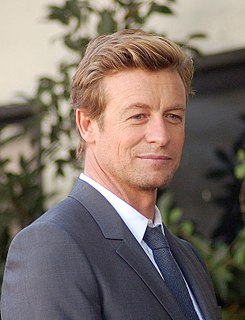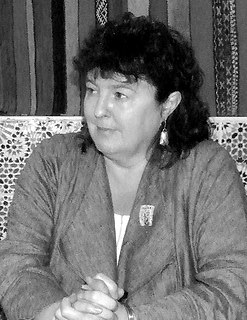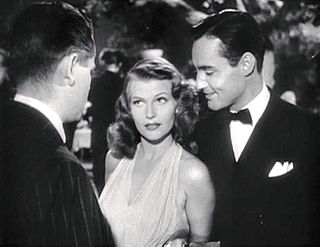A Quote by Simon Baker
I've seen the odd tarot reader and had my palm read in various countries and explained to me in many strains of broken English. Did I believe a word? To be honest, I didn't understand much, but I loved watching the presentation.
Related Quotes
I've had something sort of like angel cards where you pull out an angel card that turns out, like, grandmother was watching over me. And I believe, in some way, I haven't been brave enough to engage with tarot cards mostly because they always end on a bad note. I'm sure if I understood tarot cards more I wouldn't be as fearful.
I think of myself primarily as a reader, then also a writer, but that's more or less irrelevant. I think I'm a good reader, I'm a good reader in many languages, especially in English, since poetry came to me through the English language, initially through my father's love of Swinburn, of Tennyson, and also of Keats, Shelley and so on - not through my native tongue, not through Spanish. It came to me as a kind of spell. I didn't understand it, but I felt it.
When I was quite young I fondly imagined that all foreign languages were codes for English. I thought that "hat," say, was the real and actual name of the thing, but that people in other countries, who obstinately persisted in speaking the code of their forefathers, might use the word "ibu," say, to designate not merely the concept hat, but the English word "hat." I knew only one foreign word, "oui," and since it had three letters as did the word for which it was a code, it seemed, touchingly enough, to confirm my theory.
The Color Purple really floored me. That book was just incredible because I loved the language. The biggest deal of that book was that I loved the poetry of broken English. Broken English and vernacular. It just floored me that you can actually capture the way people really talked. And I also really connected to the social class element.
A novel can educate to some extent, but first a novel has to entertain. That's the contract with the reader: you give me ten hours and I'll give you a reason to turn every page. I have a commitment to accessibility. I believe in plot. I want an English professor to understand the symbolism while at the same time I want the people I grew up with - who may not often read anything but the Sears catalog - to read my books.
I grew up in a bookless house - my parents didn't read poetry, so if I hadn't had the chance to experience it at school I'd never have experienced it. But I loved English, and I was very lucky in that I had inspirational English teachers, Miss Scriven and Mr. Walker, and they liked us to learn poems by heart, which I found I loved doing.
You loved me-then what right had you to leave me? What right-answer me-for the poor fancy you felt for Linton? Because misery and degradation, and death, and nothing that God or Satan could inflict would have parted us, you, of your own will, did it. I have not broken your heart- you have broken it; and in breaking it, you have broken mine." ~Heathcliff
Joyce's writing in Dubliners contains some of the most unshowily beautiful sentences in the English language. I learned from him that if you write a good, clean line of English, you can get under a reader's skin. The reader won't even know why, but there you are. Didion, Berger, the many others I mentioned above, and many, many poets I haven't mentioned. Writers of this calibre are the moving targets the rest of us are always chasing.




































